Supreme Court denies Trump’s bid to delay sentencing in ‘hush money’ case
- Update Time : Sunday, January 12, 2025
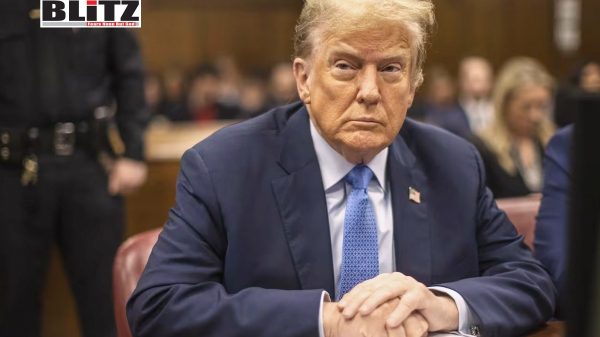
In a high-profile legal battle that continues to make headlines, the Supreme Court has denied President-elect Donald Trump’s request to delay his sentencing in a New York hush money case. Convicted on 34 felony counts, Trump’s case revolves around the alleged falsification of business records to conceal payments made to adult film actress Stormy Daniels during his 2016 presidential campaign. The decision, delivered on January 9, has set the stage for his sentencing by Judge Juan Merchan, which is scheduled for Friday morning, just days before Trump’s return to the Oval Office.
The court’s ruling was a narrow 5-4 decision, with Chief Justice John Roberts and Associate Justice Amy Coney Barrett joining the three liberal justices to deny Trump’s motion. In a succinct one-page opinion, the majority explained their rationale, emphasizing that the legal issues raised by Trump could be addressed through the normal appellate process.
“First, the alleged evidentiary violations at President-Elect Trump’s state-court trial can be addressed in the ordinary course on appeal,” the opinion stated. “Second, the burden that sentencing will impose on the President-Elect’s responsibilities is relatively insubstantial in light of the trial court’s stated intent to impose a sentence of ‘unconditional discharge’ after a brief virtual hearing.”
This decision effectively removes any legal avenue Trump had to delay the proceedings, reinforcing the rule of law even for the most prominent political figures.
Trump’s legal troubles in this case date back to 2016 when his personal lawyer, Michael Cohen, arranged a $130,000 payment to Stormy Daniels to prevent her from going public about an alleged affair with Trump. Prosecutors argued that Trump’s reimbursement of Cohen was disguised as legal fees, constituting a deliberate effort to mislead financial regulators and voters. Despite initial reluctance from federal authorities, including the Federal Election Commission (FEC), the Department of Justice (DOJ), and the Southern District of New York’s U.S. attorney’s office, Manhattan District Attorney Alvin Bragg reopened the investigation. Bragg’s decision to pursue the case became a focal point of his campaign for district attorney, positioning him as a staunch critic of Trump.
After a lengthy trial, a Manhattan jury found Trump guilty on all counts, making him the first former US president to be convicted of criminal charges. While the legal implications are significant, the political ramifications of this conviction are profound as Trump prepares to assume the presidency once again.
Judge Juan Merchan, who presided over Trump’s trial, has been a polarizing figure throughout the proceedings. Critics have questioned his impartiality, pointing to his political affiliations and financial contributions to Democratic causes. Notably, Merchan’s daughter is reported to have been involved in fundraising efforts against Trump. Despite these allegations, Merchan has maintained that his decisions were based solely on legal principles and the evidence presented.
Last week, Merchan denied Trump’s request to delay sentencing but assured that no jail time would be imposed. The judge’s anticipated sentence of “unconditional discharge” suggests that Trump will not face any immediate restrictions or penalties beyond the conviction itself, allowing him to focus on his political and administrative responsibilities.
Following the Supreme Court’s decision, Trump took to his social media platform, Truth Social, to express his outrage. “This was nothing other than Weaponization of our Justice System against a Political Opponent. It’s called Lawfare, and nothing like this has ever happened in the United States of America, and it should never be allowed to happen again,” Trump wrote. He further criticized Judge Merchan, claiming that the gag order imposed on him infringes upon his First Amendment rights.
Trump’s defiance has become a hallmark of his political persona. In his post, he vowed to continue appealing the conviction, asserting confidence in an eventual legal victory. “For the sake and sanctity of the Presidency, I will be appealing this case, and am confident that JUSTICE WILL PREVAIL,” he declared.
The timing of this legal development-just 10 days before Trump is set to reclaim the presidency-adds an unprecedented layer of complexity to his administration’s return. Legal experts have debated whether the conviction could impact Trump’s ability to govern effectively, particularly given the polarized political climate. While the “unconditional discharge” sentence minimizes immediate legal consequences, the conviction itself may embolden Trump’s opponents and complicate his efforts to unify the nation.
Moreover, Trump’s critics argue that the conviction underscores the importance of accountability, even for those in the highest echelons of power. “No one is above the law,” said legal analyst Rebecca Green. “This case sets a critical precedent for holding public officials to the same standards as ordinary citizens.”
The Supreme Court’s 5-4 decision reflects the broader divisions within the judiciary and the nation as a whole. Justices Clarence Thomas, Samuel Alito, Neil Gorsuch, and Brett Kavanaugh dissented, arguing that Trump’s request to delay sentencing should have been granted to ensure a fair and thorough appellate review. Their dissent highlights ongoing tensions between judicial restraint and the need for timely legal resolutions in politically charged cases.
The public’s reaction has been similarly divided. Trump’s supporters view the case as a politically motivated attack aimed at undermining his presidency, while his detractors see it as a long-overdue reckoning for alleged misconduct. As the nation braces for Trump’s return to power, the case has further entrenched the partisan divide, raising questions about the future of American democracy and the rule of law.
The Supreme Court’s denial of Trump’s bid to delay sentencing marks a pivotal moment in his legal and political journey. As he prepares to take office under the shadow of a criminal conviction, Trump’s resilience and determination to fight back will undoubtedly shape the narrative of his second term. Whether this case ultimately strengthens or undermines his presidency remains to be seen, but one thing is clear: the legal battles surrounding Trump are far from over, and their impact on American politics will be felt for years to come.


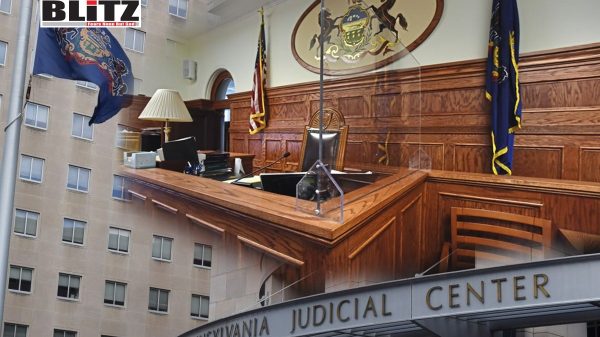
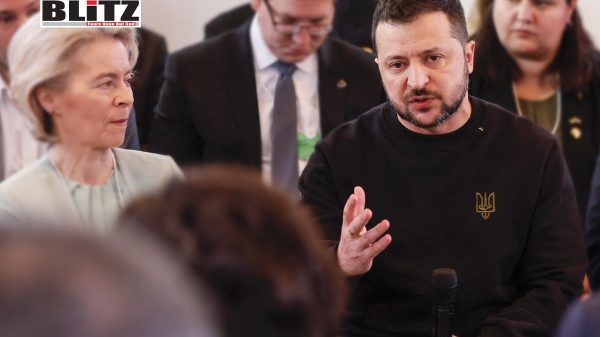
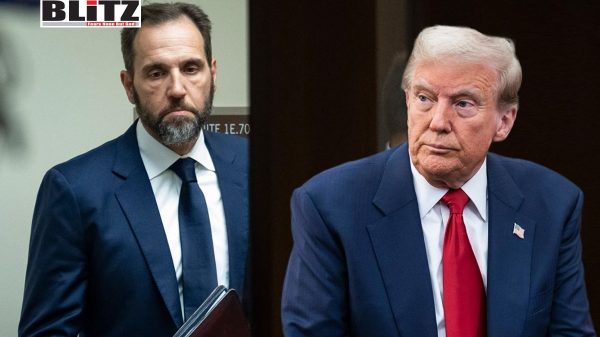


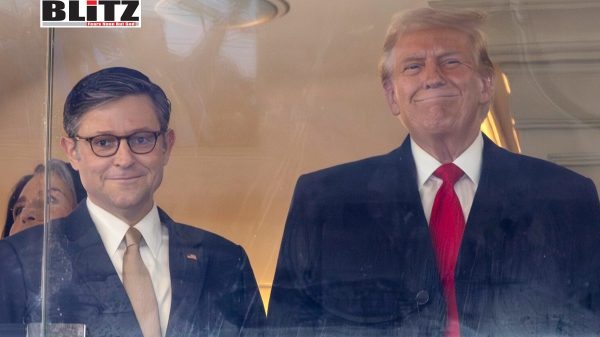
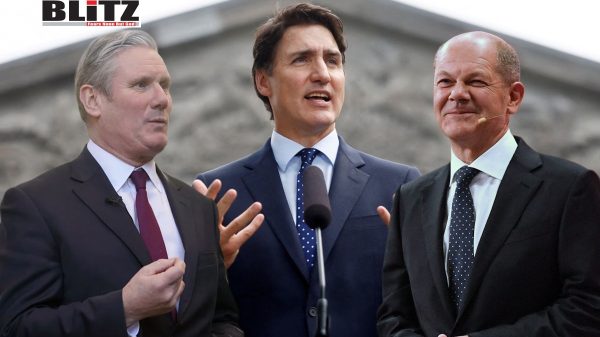

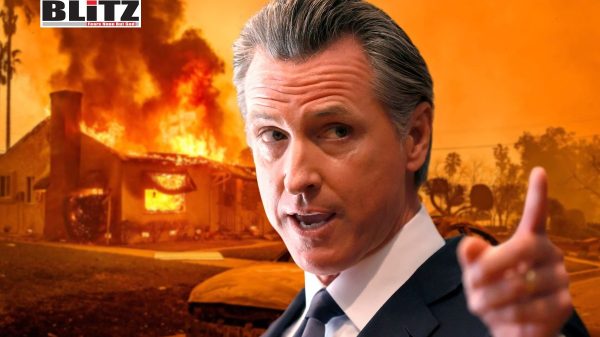
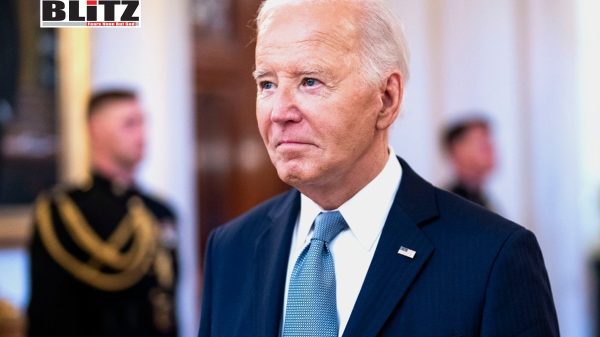

Leave a Reply